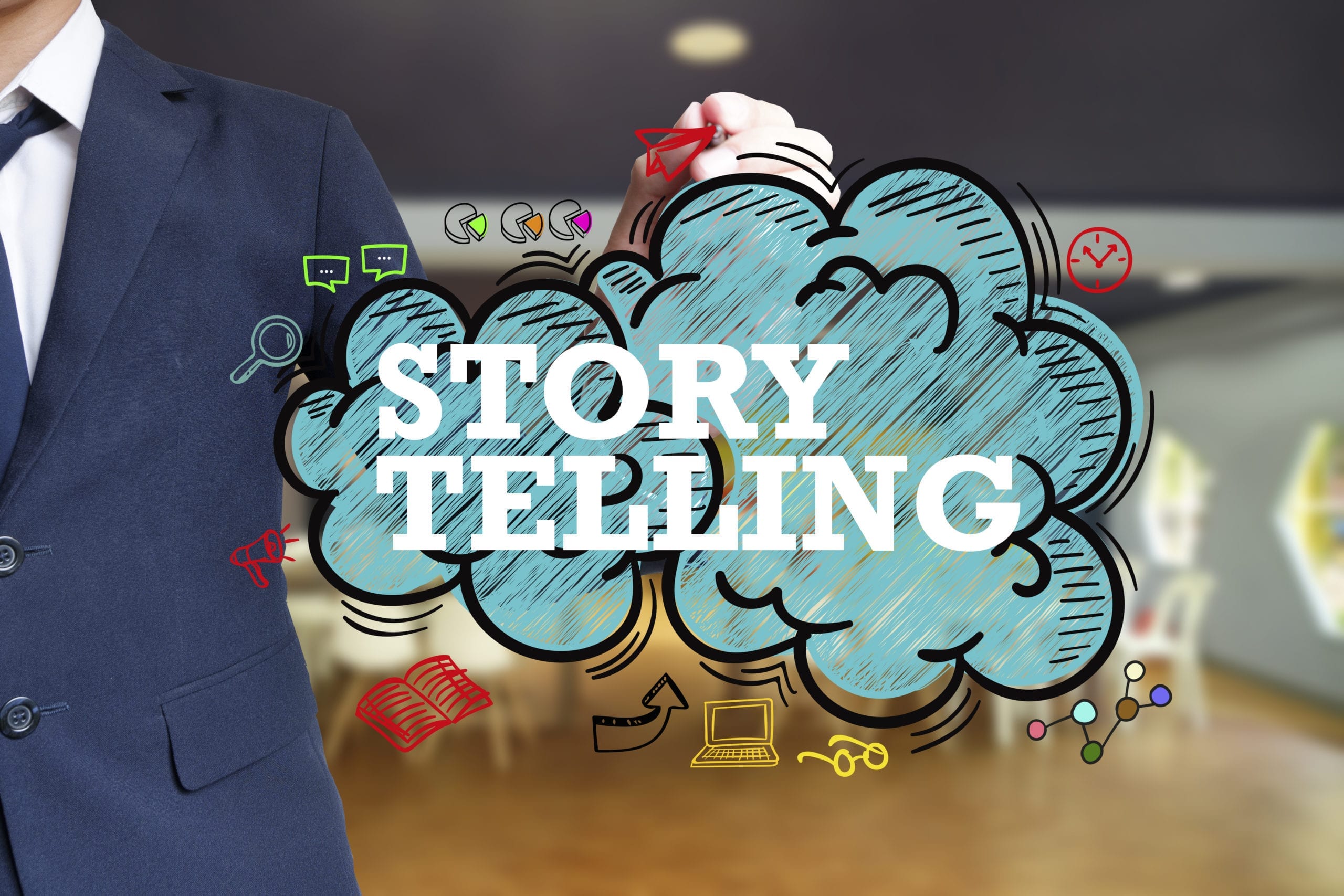Communications and marketing are the cornerstone pieces of our business. It’s in our company’s name and it is a part of our promise to our clients to deliver superior results. After all, we are only successful when our clients are successful.
Every client is different in terms of what they want to achieve when they initially reach out to us, but one common client objective is to increase brand awareness/equity. And more often than not, that means an increase of coverage in the media.
Sometimes, that is easier said than done. Telling stories that strike a chord with the media is a critical component when it comes to achieving results. And often times, those stories are best told by the people behind the wines – the winemaker or the winery owner. We have discovered, however, that not everyone is comfortable talking to the media.
Some clients, for example, view the media as intimidating and are a bit nervous about going into that first interview. What if a client says the wrong thing or gets tongue-tied and doesn’t say anything at all? In order for our clients to have the tools they need to be successful, we have developed Media Coaching Guidelines to help them navigate those waters and be well-prepared to speak with a member of the media upon request.
Some Helpful Pointers to Remember when Speaking with the Media
- Prepare! Develop copy points in advance and practice them so you feel comfortable with your responses. We often recommend to our clients that we schedule mock interviews for practice so they can hear how they come across to an interviewer.
- Find out who is interviewing you. Spend time to understand who they are, what topics they cover and what they want to know from you. After all, you may find out that you share a common interest or passion with the writer which is a great way to begin any conversation.
- During the interview, focus on your key messages. Key messages are critical because they help differentiate your company, your product, service or brand. Think about making those first 60 seconds as powerful and compelling as possible.
- Be open, straightforward and competent. Don’t be afraid to weave in personal anecdotes or stories to show authenticity and more deeply connect with the journalist.
- Remember that nothing is ever “off the record” so be sure to stay on message and not deviate into uncharted territory. Media are trained to put you off guard.
- Lastly, with all interviews across any type of medium, always be prepared for the interviewer to ask one or two final questions. The first could be “Any final thoughts you’d like to share?” and the second, “Where can my [listeners, viewers, readers]” find out more information about you?”
At the end of the day, have fun with the interview and be yourself. After all, you may find it to be more rewarding than you originally thought and you’ll certainly appreciate a positive story.
Tiffany Van Gorder was General Manager with Balzac Communications and Marketing






